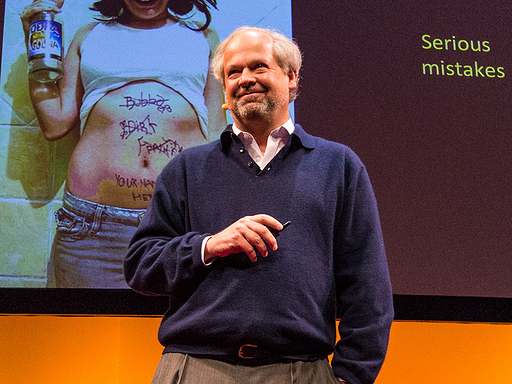
The founders of Twitter were trying to solve a problem that existed in the world of social media at the time: the lack of simplicity. Social media platforms were often complex and difficult to navigate, and users had to wade through a lot of noise to find the content they were interested in. Twitter was designed to be a simple, straightforward platform that allowed users to share short, bite-sized updates in real-time.
Impact:
Twitter has had a profound impact on our world since its inception. It has become a powerful tool for communication, journalism, and activism. Twitter has enabled people to connect with each other in ways that were previously impossible, breaking down geographical and cultural barriers. It has allowed users to share their thoughts and experiences with a global audience, providing a platform for people to express themselves and share information.
One of the main problems that Twitter has solved is the dissemination of information in real-time. Twitter has become a go-to source for breaking news, providing users with up-to-the-minute information on events happening around the world. It has also given a voice to marginalized communities, allowing them to share their experiences and stories with a wider audience.
However, Twitter has also had some negative effects. The platform has been criticized for facilitating the spread of fake news and hate speech. Twitter has been accused of not doing enough to combat harassment and abuse on the platform, leading to calls for stricter moderation policies. Additionally, Twitter's algorithmic timeline has been criticized for prioritizing sensational and controversial content over more meaningful and informative updates.
Overall, Twitter has had a significant impact on the way we communicate and share information. While it has had some negative effects, its positive impact on journalism, activism, and global communication cannot be denied.










